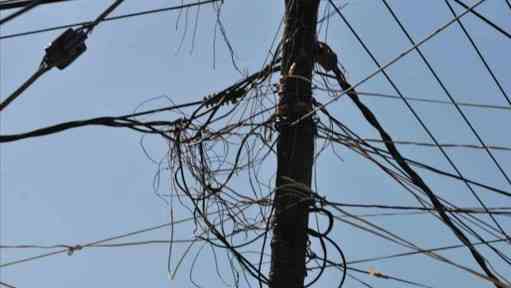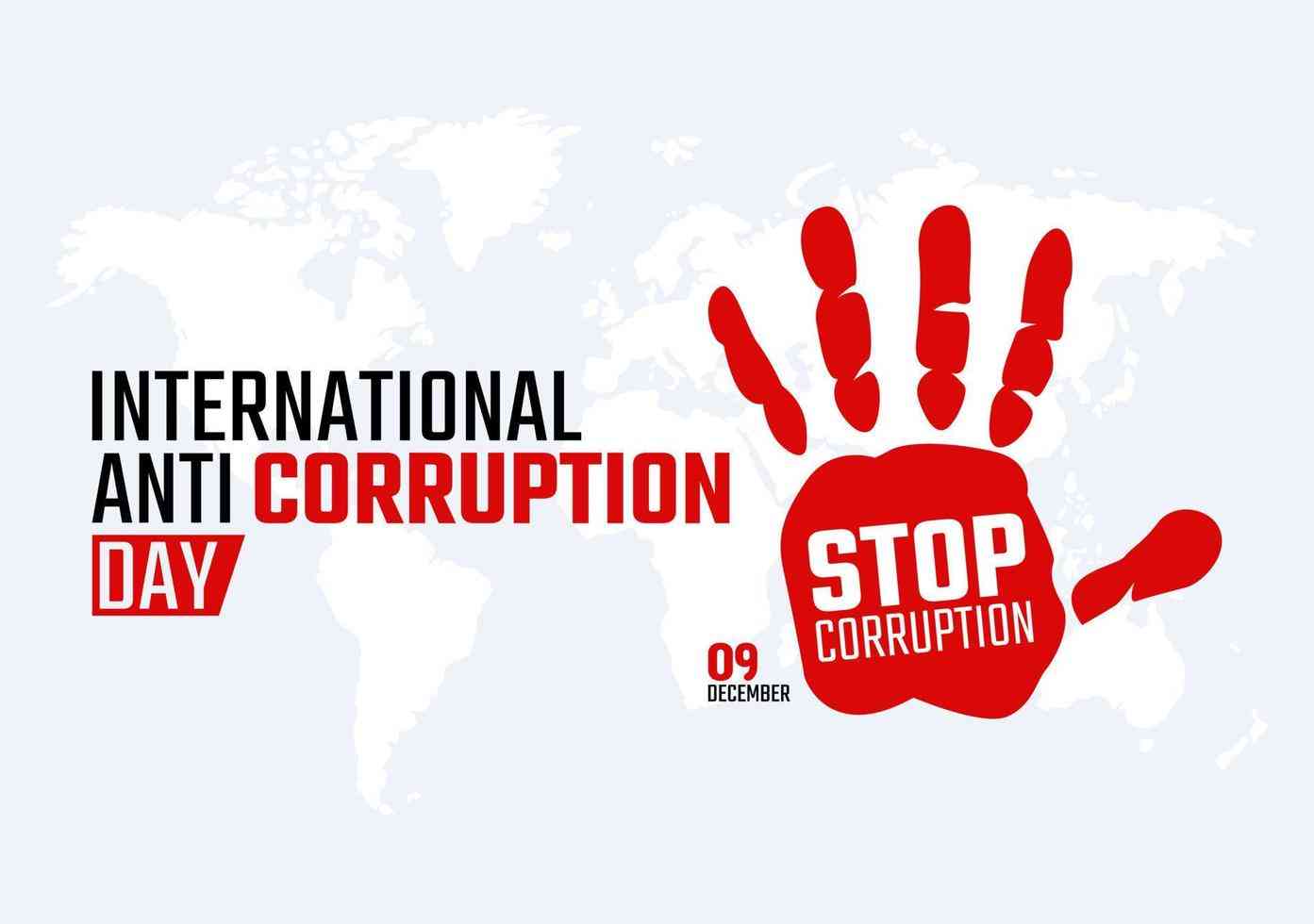
THE vandalism of copper cables at telecoms operator TelOne, National Railways of Zimbabwe (NRZ) and power utility Zesa Holdings must be given the serious attention that they deserve.
There seems to be a deterioration of this problem, while law enforcement agencies and the entire government bury their head in the sand as if nothing serious is taking place.
The laws have been tightened, but the conviction rates have been disappointing.
Surely, immediate, robust actions are overdue to deal with this mindless vandalism of critical public infrastructure.
The institutions that are at the mess of the scourge are all at the heart of industry and commerce – the more they are decimated by mindless hooligans the longer it will take to address Zimbabwe’s prolonged economic crisis.
Delays in the shipment of goods by the NRZ due to cable thefts at Zesa’s powerlines for instance, affects entire industrial production targets, stifles demand for labour in companies and triggers jobs losses.
Often, authorities tend to focus on the most immediate consequences of cable theft and vandalism to Zesa, ignoring this bigger picture.
By surrendering public infrastructure to the mess of vandalism, authorities are taking part of the destruction an economy that is already in peril. A single cable theft can ground mines, which generate foreign currency for the country and employ more than 30 000 people. It is one of the reasons why Zimbabwe’s aspiration to turn the mining sector into a US$12 billion industry by revenue flopped last year. Cable thefts must be arrested and punished before an entire economy is grounded. Elsewhere in this edition, we report that TelOne lost about US$1 million last year due to copper cable thefts. In TelOne’s case, the cost of switching to new technologies is hefty.
- Econet tariffs shoot up
- NRZ demands stiffer penalties
- Low tariffs weigh down ZETDC
- ‘Systems disturbance hits Hwange Power Station’
Keep Reading
While they work on changing technologies, they will not immediately solve the problem, which means as the company migrates more and more of its infrastructure will remain under threat, complicating Zimbabwe’s telecoms system. The same can be said of Zesa, Zimbabwe National Water Authority, NetOne and a range of private sector operators. Authorities have left Zimbabwe to decelerate into chaos. Foreign currency is being controlled by black market dealers, who hold not less than half of United States dollars in the economy.
The public transportation system is now being controlled by armies of unroadworthy vehicles that have become a law unto themselves, rampaging the streets and killing people.
The market place for goods and services is slowly moving from formal to the dark markets, where survival is only for the fittest. Even traffic enforcement has been taken over by touts in some cases. Markets have been colonised by politically connected crooks, who collect the fees that local governments must use to improve service delivery.
If one requires public documents, they have to go through a crook lurking on street corners to facilitate the quick release of the document. Local authorities’ pipes are often ripped open and water leakages are now commonplace. Who is in charge?










